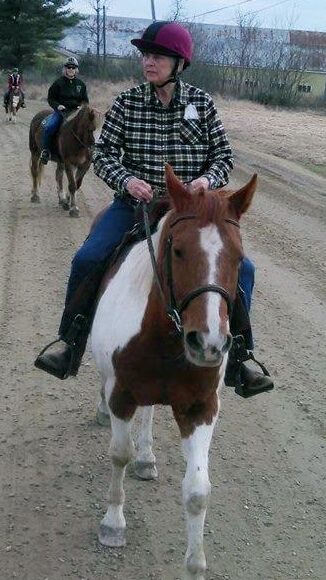Betty Bird
By Susan Robinson, formerly Susan Wood-Thompson

Betty Bird, born in 1942, was a graduate student of literature, folklore, and rehabilitation counseling at the University of Texas at Austin. She earned her doctorate degree in higher education from the College of William and Mary in Virginia.
Betty Bird and her partner, Susan Wood-Thompson, were active in the lesbian communities in those places as well as in Columbia, South Carolina, where Betty was a rehabilitation counselor at the South Carolina Commission for the Blind. There, one of Betty’s duties was designing and managing the development of children who were blind. This work included teaching children born blind the physical realities of such relationships as over, under, next to, and inside, by designing experiences of crawling through, over, under, and next to child-sized structures. She also took children on field trips.
On one such bus trip, a child who was sitting next to Betty Bird felt her cane. He told her with pride that he would never use a cane. Betty replied, “I love my cane like I love chocolate cake.” With such relationships, she inspired children to adapt to their place in the world. On an overnight field trip for blind girls, they asked, “Betty, can we borrow your weedywo? We want to boogie!” And boogie they did. All this was at a time when many blind children believed they would die young of blindness because they had never known of a blind adult until they met Betty. These examples show the kind of impact Betty made on other people, whatever their age, with her work and in the rest of her life.
While all this was going on, Betty and Susan were among the founders of WomonWrites, and they produced a week-long workshop for grassroots, lesbian poets at The Pagoda.
From Columbia, South Carolina, Betty and Susan moved to Washington, DC, where Betty had been hired to start a short-wave radio station for blind and print-handicapped listeners. She loved NPR (National Public Radio) and she treasured her friendships with its Founding Mothers, Susan Stamberg, Linda Wertheimer, Cokie Roberts, and Nina Totenberg. She later said it was the most exhilarating job she had ever had. After several years, Betty tired of being the only person who was blind in a sighted workplace. She moved to New York City, and became a senior vice president of the New York Lighthouse for the Blind, where the environment was designed for the needs of both blind and sighted employees.
On retirement, Betty Bird returned to what was perhaps her primary happiness: horseback riding. She got a Paint Horse, known for their muscular sturdiness, that she named Rocket. For many years until her death, Betty and her horse, Rocket, gave each other a rich life in Vermont, full of the lively partnership in independence that they both cherished.
